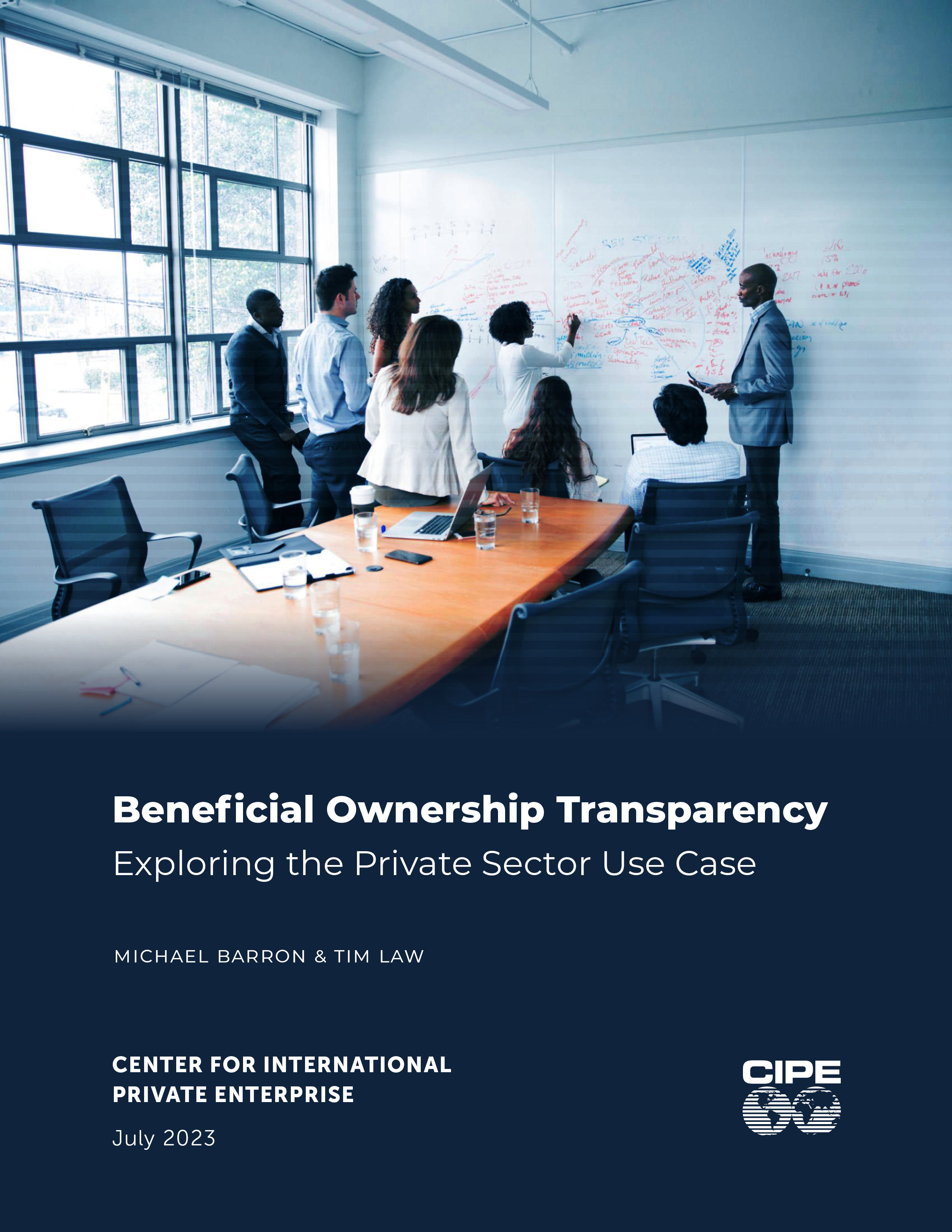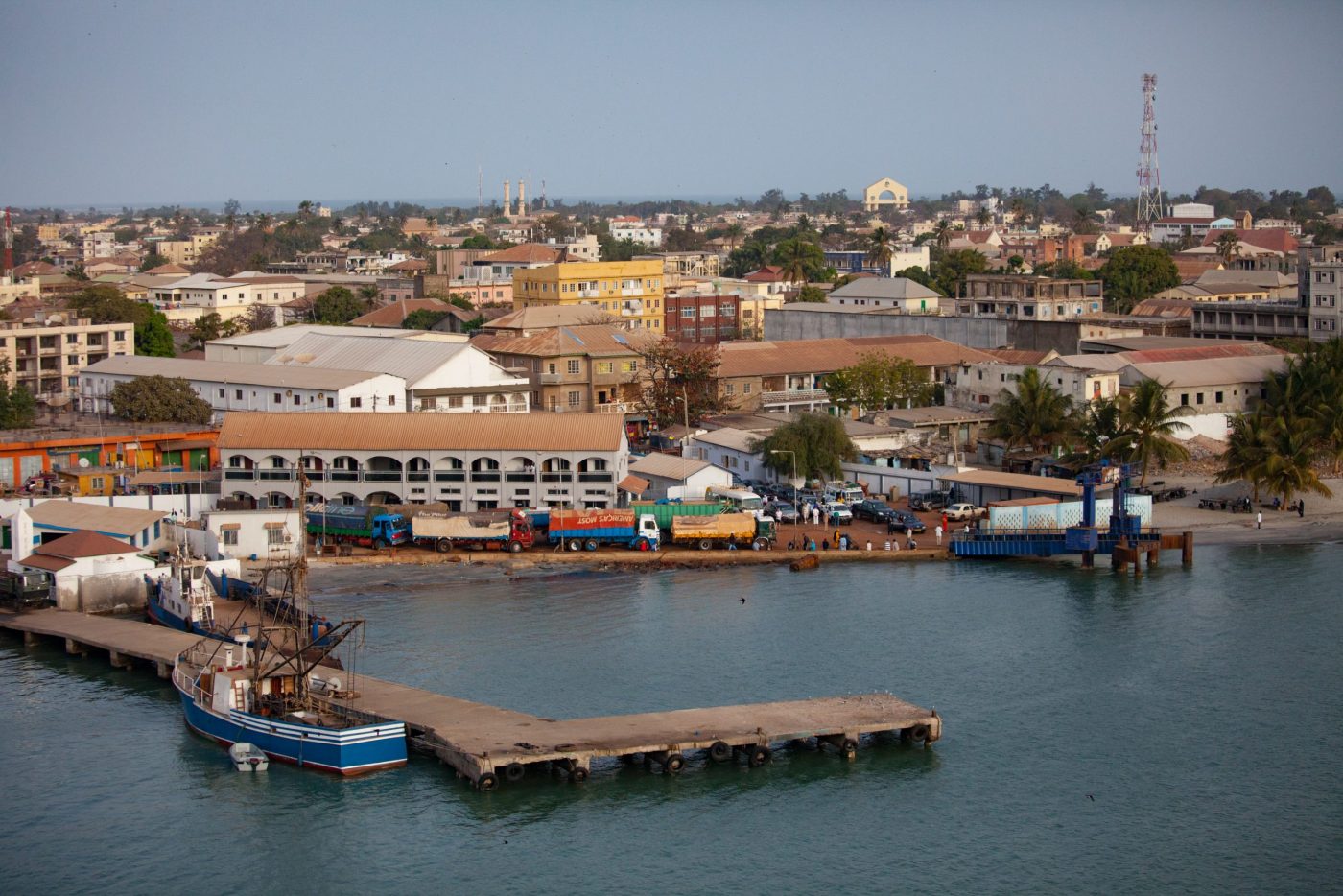In combating corruption, governments, activists, and other anti-corruption practitioners must hone their messaging effectively to rally support and resources to the cause. Traditional anti-corruption messaging efforts, which range from billboards to government announcements, risk being ineffective or even counterproductive — reinforcing in the minds of communities that corruption is rampant and impossible to address. Anti-corruption… Read More
This year marks the 10th session of the Conference of the States Parties to the United Nations Convention against Corruption, and the event is now a significant opportunity for anti-corruption practitioners to share experiences and join forces. As organizations with different outlooks and expertise gather, our joint mission is to turn the convention’s obligations into… Read More
Beneficial ownership transparency is a vital element of any effective corporate compliance program. It is also a powerful check against corruption in society generally. These two facts are sometimes misunderstood or obscured, especially in highly corrupt countries where economic and political elites don’t welcome transparency. A new report from the Center for International Private Enterprise,… Read More
In its mission to promote anti-corruption in emerging markets around the world, the CIPE Anti-Corruption & Governance Center produced this blog to provide a short history of beneficial ownership transparency and introduce the under-discussed business angle of this rapidly evolving work. Unmasking the true owners of companies, assets, and organizations used to conduct illicit activities… Read More
The COVID-19 pandemic was accompanied by a global surge in corruption, and Malaysia was no exception. The Southeast Asian country saw a rapid increase in emergency public funding, reduced oversight of government operations, and restrictions on civil liberties that led to a “perfect storm” for public misconduct. These adverse effects have been compounded by an… Read More






